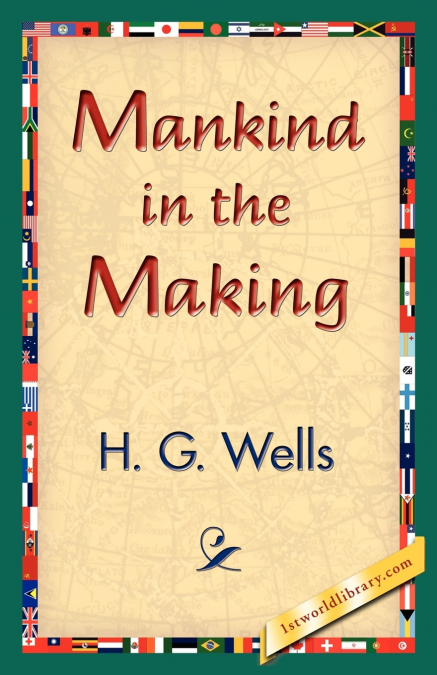
 Librería Perelló (Valencia)
Librería Perelló (Valencia)
 Librería Aciertas (Toledo)
Librería Aciertas (Toledo)
 El AlmaZen del Alquimista (Sevilla)
El AlmaZen del Alquimista (Sevilla)
 Librería Elías (Asturias)
Librería Elías (Asturias)
 Librería Kolima (Madrid)
Librería Kolima (Madrid)
 Donde los libros
Donde los libros
 Librería Proteo (Málaga)
Librería Proteo (Málaga)
Toleration to-day is becoming a different thing from the toleration of former times. The toleration of the past consisted very largely in saying, 'You are utterly wrong and totally accurst, there is no truth but my truth and that you deny, but it is not my place to destroy you and so I let you go.' Nowadays there is a real disposition to accept the qualified nature of one’s private certainties. One may have arrived at very definite views, one may have come to beliefs quite binding upon one’s self, without supposing them to be imperative upon other people. To write 'I believe' is not only less presumptuous and aggressive in such matters than to write 'it is true,' but it is also nearer the reality of the case. One knows what seems true to one’s self, but we are coming to realize that the world is great and complex, beyond the utmost power of such minds as ours. Every day of life drives that conviction further home. And it is possible to maintain that in perhaps quite a great number of ethical, social, and political questions there is no absolute 'truth' at all-at least for finite beings. To one intellectual temperament things may have a moral tint and aspect, differing widely from that they present to another; and yet each may be in its own way right. The wide differences in character and quality between one human being and another may quite conceivably involve not only differences in moral obligation, but differences in fundamental moral aspect-we may act and react upon each other towards a universal end, but without any universally applicable rule of conduct whatever.